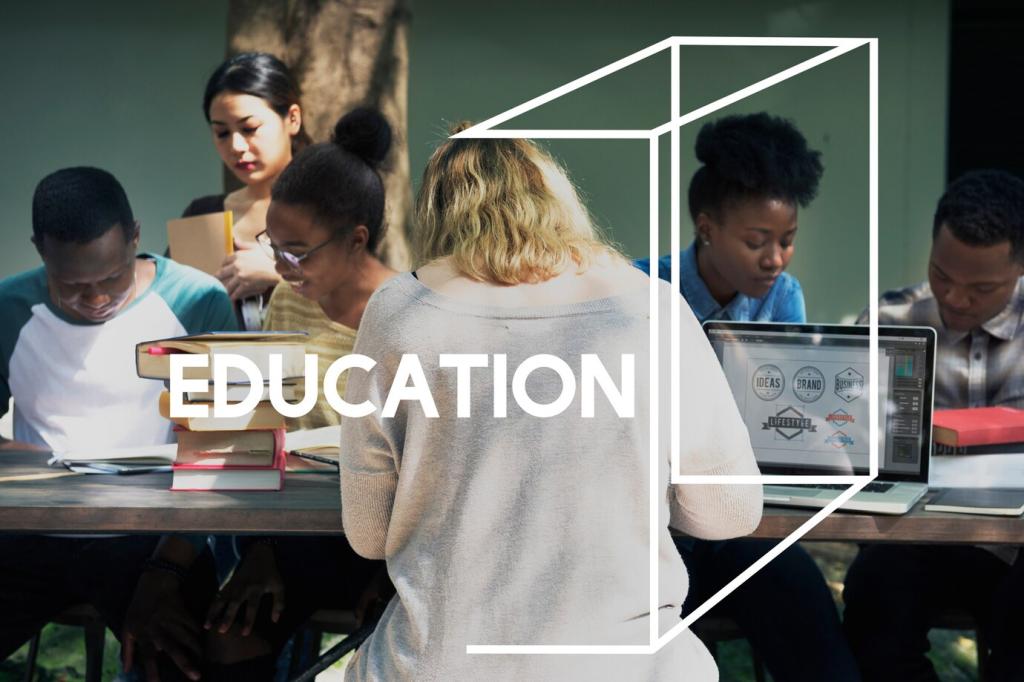The Big Picture: Why Education Often Predicts Economic Success
Across many countries, higher educational attainment is associated with higher median earnings and reduced unemployment risk. Employers reward specialized knowledge and problem-solving, especially when jobs require adaptability. What patterns do you see where you live? Share your observations and help us map the local story.
The Big Picture: Why Education Often Predicts Economic Success
Education builds capabilities—critical thinking, numeracy, communication, and technical fluency—that raise productivity. Firms value these skills because they translate into better decisions, faster learning, and fewer costly mistakes. Tell us which skill from school or training most boosted your career trajectory.









